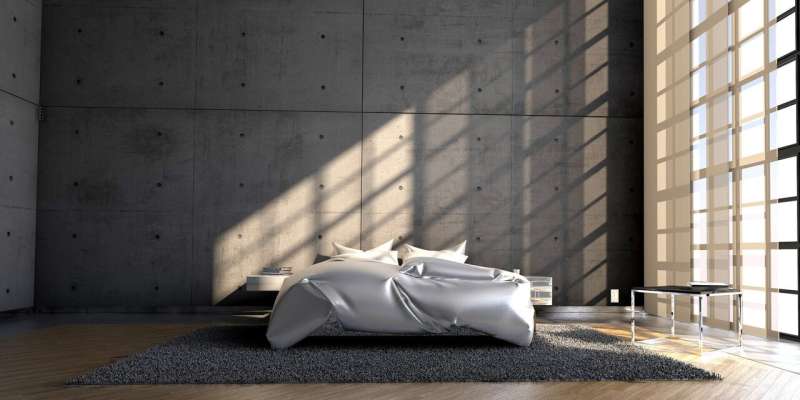This article has been reviewed according to Science X's editorial process and policies. Editors have highlighted the following attributes while ensuring the content's credibility:
fact-checked
trusted source
proofread
Long and irregular work hours may impair sleep

People who have atypical work patterns, such as shift workers and those who work on the weekend, have worse quality and quantity of sleep, compared to those who work a typical 35–40 hour week, according to a new study.
The research, led by UCL in collaboration with the University of Southampton and Queen Mary University, London, analyzed the work and sleep patterns of more than 25,000 men and women between 2012 and 2017. It used data from the UK Household Longitudinal Study, known as Understanding Society. Findings are published in journal BMC Public Health.
The researchers found that compared to people who worked a standard 35–40 hour week, those working 55 hours a week or more had the poorest sleep—including short sleep and sleep disturbance. Short sleep is defined as less than seven hours a night and sleep disturbance as struggling to fall asleep within 30 minutes, waking up in the middle of the night or early morning, and a self-rating of poor-quality sleep.
Those who worked most or all weekends and nonstandard patterns, like shifts, also experienced sleep disturbance, and either short sleep or long sleep—more than eight hours a night.
Dr. Afshin Zilanawala, Associate Professor of Demography at the University of Southampton, contributed to the research and studies UK parents' work schedules and why they matter for parents and children. She states, "Our study serves as an urgent reminder to employers and policymakers who are concerned with the well-being of workers and the health of our economy. Certain work schedule practices may boost profit margins, but they exact a real cost for worker health.
"If healthy sleep is to be recognized as a critical pillar of health, then policymakers need to ensure that sufficient rest and recovery are a greater priority together with a more careful consideration of the timing and scheduling of work to better support workers' health and productivity."
Lead author, Gillian Weston, of UCL, comments, "While individual sleep needs vary, adults are generally recommended to aim for at least seven hours of sleep per night. The repercussions of poor sleep extend beyond mere fatigue. Research demonstrates both long and short sleep durations are associated with poor health, emphasizing the critical role of balanced sleep in overall well-being.
"Insufficient sleep and sleep problems are linked with mental and cognitive health issues, chronic diseases, and even work-related injuries. The economic toll of poor sleep is staggering, with productivity losses estimated at over £40billion annually in the U.K. alone."
Participants involved in the study were asked a series of questions, including about their jobs, hours of work, health and sleep. The researchers focused on three atypical temporal work patterns: working more or less than the standard 35–40 hours per week, weekend work, and nonstandard schedules (e.g. shifts, early mornings and late evenings). They also looked at whether there were any gender differences in the associations between atypical work patterns and sleep—and found that the link between long work hours and short sleep was stronger for women.
Men who worked part-time were more likely to experience longer sleep durations, possibly reflecting underlying issues of underemployment and its connections to mental health. Compared to weekday workers, men were more likely to experience short sleep if they frequently worked weekends, whereas women were more likely to experience short sleep if they worked any weekends.
Dr. Weston said, "Women who work weekends tend to be concentrated in low-paid service sector jobs, with the poorest work conditions, such as low work autonomy and job satisfaction. This might explain why women are more likely to experience short sleep if they work weekends."
In addition to gender, the researchers took account of factors, such as age, caring, income, health, job satisfaction, work autonomy and other conditions that could impact an individual's sleep patterns.
The researchers believe that to achieve a sleep-friendly work environment, employers and policymakers could make the following changes:
- Encourage work schedules that align with individuals' chronotypes (i.e. 'larks' and 'owls')
- Provide sufficient breaks
- Minimize overtime culture
- Allow workers to disengage from work outside of their normal working hours
The team also suggest that employees who must work long and irregular hours should be compensated for the negative consequences of these work patterns (i.e., with additional paid leave or financial reward).
More information: Gillian Weston et al, Work hours, weekend working, nonstandard work schedules and sleep quantity and quality: findings from the UK household longitudinal study, BMC Public Health (2024). DOI: 10.1186/s12889-024-17762-0



















